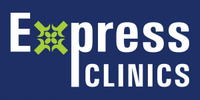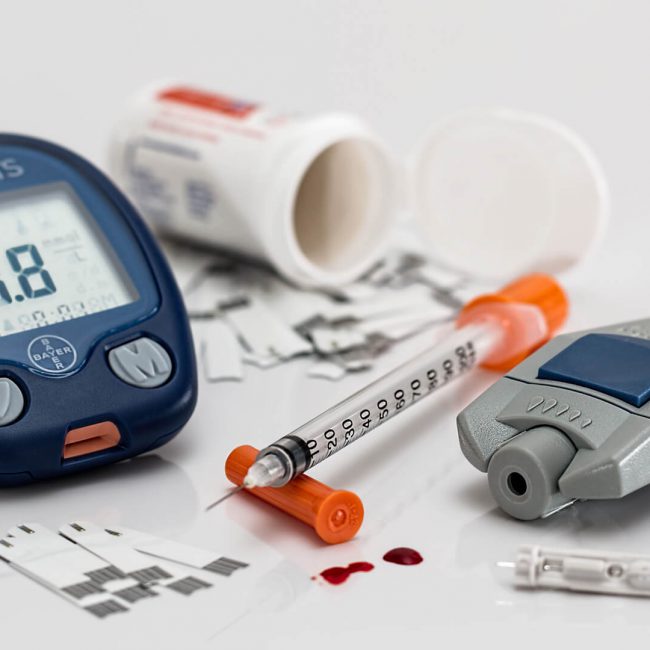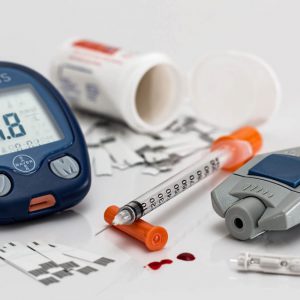Doctors diagnose thalassemias using blood tests, including a complete blood count (CBC) and special hemoglobin tests.
A CBC measures the amount of hemoglobin and the different kinds of blood cells, such as red blood cells, in a sample of blood. People who have thalassemias have fewer healthy red blood cells and less hemoglobin than normal in their blood. People who have alpha or beta thalassemia trait may have red blood cells that are smaller than normal.
Hemoglobin tests measure the types of hemoglobin in a blood sample. People who have thalassemias have problems with the alpha or beta globin protein chains of hemoglobin.
Moderate and severe thalassemias usually are diagnosed in early childhood. This is because signs and symptoms, including severe anemia, often occur within the first 2 years of life.
People who have milder forms of thalassemia might be diagnosed after a routine blood test shows they have anemia. Doctors might suspect thalassemia if a person has anemia and is a member of an ethnic group that’s at increased risk for thalassemias.



